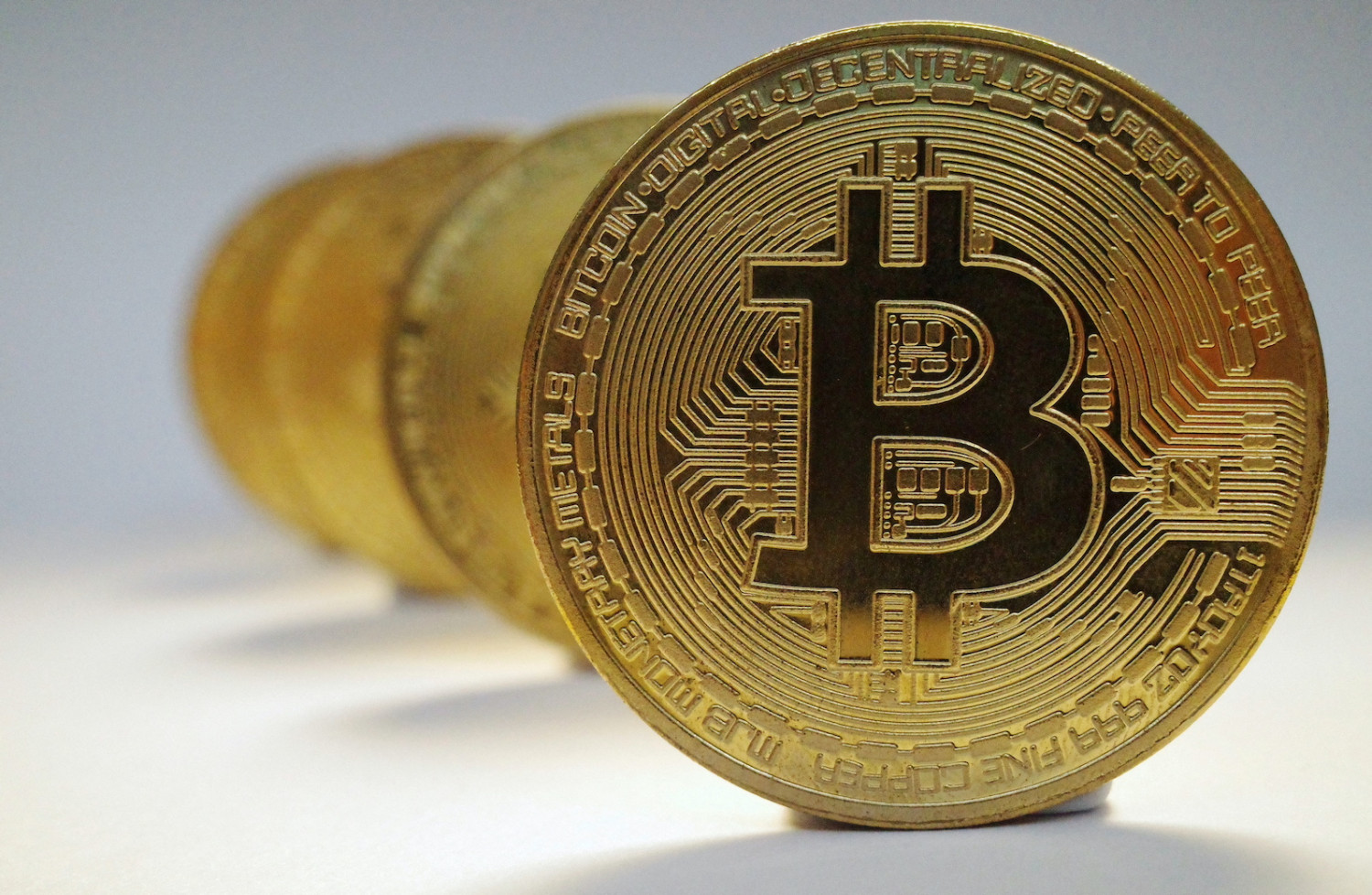Bitcoin and Sustainable Development

PROMOTED
One of the latest waves of digitization is blockchain, the underlying technology of Bitcoin that promises to redefine trust, transparency, and inclusion across the globe. In other words, the Bitcoin blockchain is a dispersed, public digital ledger that records all Bitcoin transactions chronologically and publicly.
As a result, the problem of discovering a global payment facility that would guarantee the endurable growth of the world economy established on regulated development of the money supply in circulation is a pressing one. Therefore, the cryptographic currency, Bitcoin, can provide a way to unravel the crisis of the amount of money in circulation. You can start your trading journey with Bitcode Prime.
Blockchain Technology Wave
Blockchain is a critical technology in a new specialized illustration of total computerization and incorporation of accurate and actual realms. The impact of blockchain goes beyond the economy since it can alter public exchange, public organizations, and the people's relationship with the environment and affect regions' alternatives for seeking endurable growth.
Assuming that modern technologies like blockchain are in their early stages, it's reasonable to say that the world is in the initial stages of technological evolution. And radical innovations, inquiry, new technical findings, many principles, and contending technical specifications will monopolize this evolution.
During the installation duration, the monetary sector, which gives the strong finance for entrepreneurs to innovate, is similarly discovering the current technology and its opportunities for economic earnings. The first-rate innovation and insufficient understanding of the new technology likely build a span of investments.
Consequently, there's a preference for inference and money-creating money plans to ensue with the cumulative decoupling of the actual economy and the financial sector. The end of the installation period is responsible for financial projections. It's too early to say if we see bubble-bust-like rate movements in this virtual currency. Still, the way blockchain creation is self-financed could stimulate this protocol and ascertain a series of periods of establishment, crisis, and deployment unique to blockchain innovation.
If those affected are primarily the developers and investment capitalists in the blockchain ecosystem, the explosion and bust cycle may not ascertain enough discomfort for the significant institutional changes. On the contrary, only after various such cases will there be the compelled acceleration for an institutional modification of laws and regulations to handle the risks.
A Chance of Opportunity
Corresponding periods in initial technical uprisings gave windows of the likelihood for some expanding countries to ensnare and others to cultivate ahead. Blockchain can bid a window of chance for developing countries to strategically modify their economies into regions associated with the new criterion.
Trust in Peril
For the governments and people living in the limited evolved countries and landlocked slightly advanced countries, the catastrophe was the current usual decades ago. Institutional crises in specific jurisdictions have become a disaster for institutions everywhere. Trust, a product that compels comprehensive treatment, is in danger. And it is not startling that this spurs over-reaction toward peaks.
On the other hand, for some, public institutions are too accused. Therefore we want to whirl our back on them and go full-libertarian. However, some think private interests can be just as evil or incompetent. Hence, we need the state to renovate the decree. But we can be sorry for both opinions, but the explanations ensuing from each side can plummet quickly.
The Bottom Line
In the end, Bitcoin is beginning to hit intrinsic value to the level that its protocol can potentially deliver material value to states, society, the economy, and individuals. As a result, this digital currency is a tool for sustainable development.